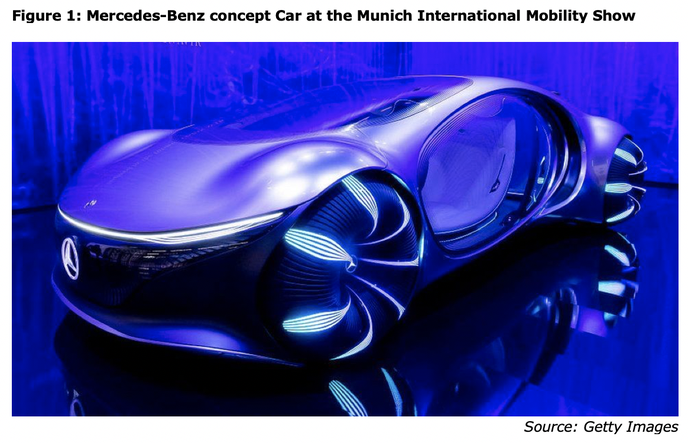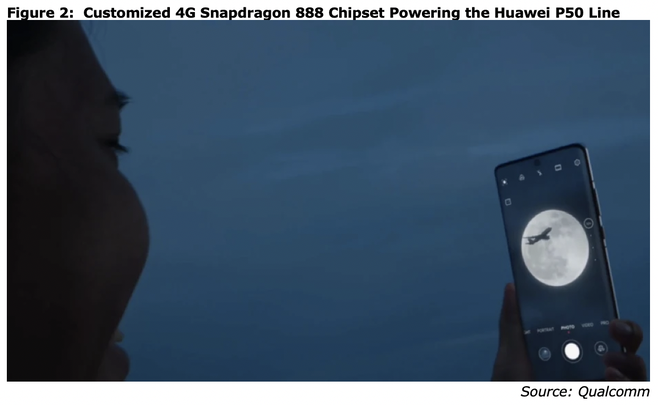Vertical Divider
|
Chip Shortage Could Disrupt Global Car Production Through 2023 Covid had been a stress test for the industry, which needed a thorough review of its supply chains, Daimler chairman Ola Källenius said. Supplies of semiconductor chips have been failing to meet demand in a wide range of industries. The shortages had caused shutdowns in Malaysia and would "significantly impact production and sales in the third quarter", Mr. Källenius, who is also head of Mercedes-Benz, told the BBC at the International Mobility show in Munich. "Chip producers say this will bleed into 2022 from a structural point of view and then gradually get better," he added pushing shortages into 2023, but "hopefully not at the level of severity that we have experienced here in the last couple of months", he said |
|
Also, at the show was Harald Kroeger, a board member at Bosch - one of the world's biggest parts and systems suppliers. Mr. Kroeger told the BBC that the main reason for the supply squeeze in the car market was that demand had picked up "dramatically", which he said was good news for the industry. "Just one year ago, we were in the dark age of Corona and sales were down and nobody expected such a quick recovery of the car market," he said. "And now definitely we're running to try to fulfil that demand."
Last month Huawei's current chairman Guo Ping explained that procuring chips was the biggest problem that the Chinese manufacturer has. That's because last May, the U.S. announced a change in export rules that block a foundry using U.S.-based technology from shipping advanced cutting-edge chips to Huawei. That includes chips designed by Huawei's own Kirin semiconductor unit.
The chairman said in August, "At present, the biggest difficulty for us is the mobile phone business. As we all know, chips for mobile phone need advanced technology as they are small and have low power consumption. Huawei can design its own chip, but no one can manufacture it for us. That's where we (are) stuck." But Huawei reached a solution for the camera-centric flagship P50 series.
Last month Huawei's current chairman Guo Ping explained that procuring chips was the biggest problem that the Chinese manufacturer has. That's because last May, the U.S. announced a change in export rules that block a foundry using U.S.-based technology from shipping advanced cutting-edge chips to Huawei. That includes chips designed by Huawei's own Kirin semiconductor unit.
The chairman said in August, "At present, the biggest difficulty for us is the mobile phone business. As we all know, chips for mobile phone need advanced technology as they are small and have low power consumption. Huawei can design its own chip, but no one can manufacture it for us. That's where we (are) stuck." But Huawei reached a solution for the camera-centric flagship P50 series.
Normally released around the first quarter of the year, this year's P-series had a split launch with the P50 Pro made available in August and the P50 expected to launch this month. Huawei found a way to abide by the letter of the new export rule while still equipping its new flagships with a powerful chip that is just short of being cutting-edge. The P50 line is powered by the Snapdragon 888 SoC manufactured by Samsung Foundry using the 5nm process node.
|
Contact Us
|
Barry Young
|


